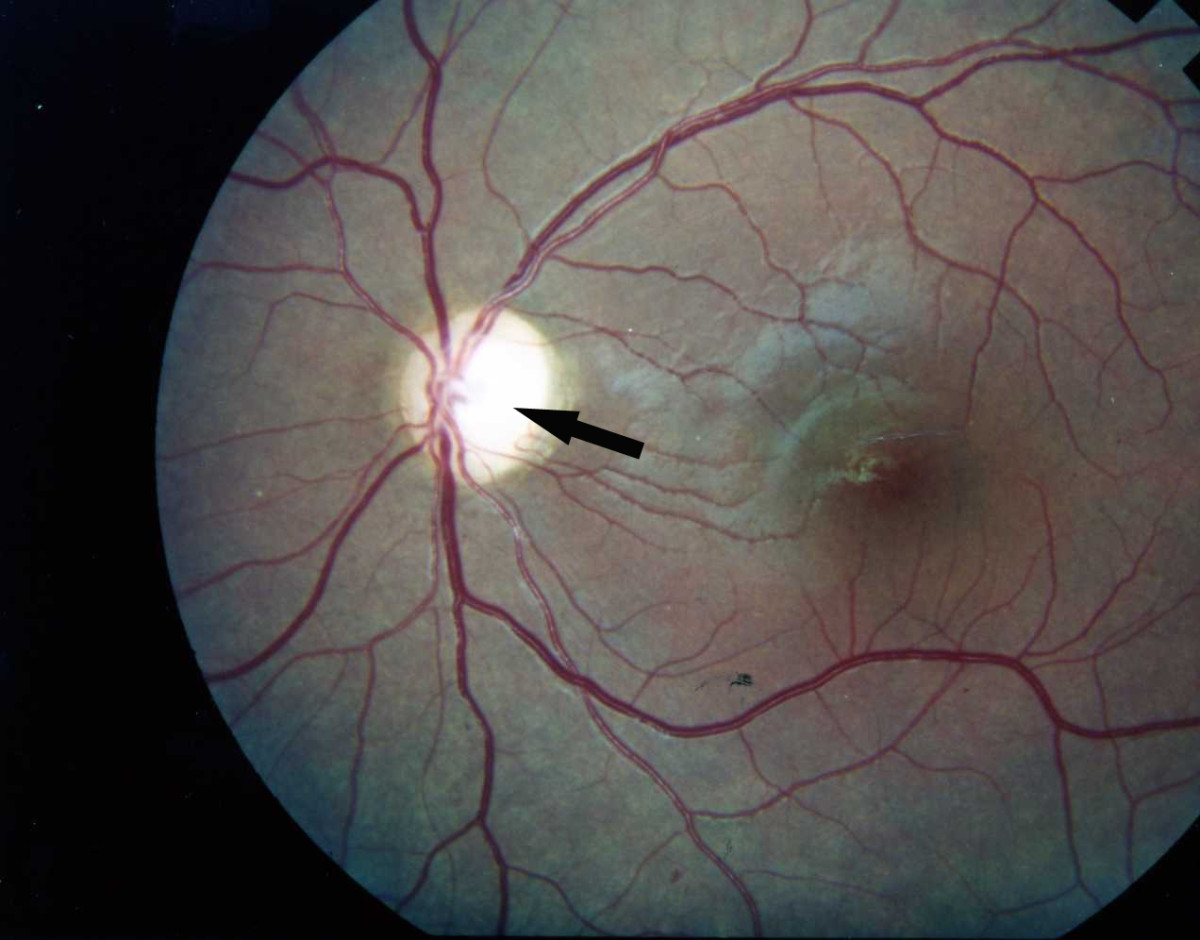
Patients diagnosed with diabetes are always warned by their doctors not to ignore any vision problems that may arise. Doctors are concerned because diabetics are more prone to eye problems than healthy people. According to several studies, heightened blood sugar due to diabetes is found out to be the leading cause of vision loss and blindness among adult people.
Juvenile and adult onset diabetes are the same when it comes to the possibility of eye problems associated with high blood glucose. To make sure the eyes and other organs in the body are not affected or damaged by high level of blood sugar, diabetics are advised to keep their blood glucose between 90 and 130mg/dl before meals (or under 180mg/dl after meals).
If you or someone close to you is suffering from diabetes, never underestimate the importance of vision changes. Every time you experience blurry vision or some other eye problem, make sure your blood sugar level is maintained on recommended level. Report eye issues to your doctor, in order to prevent problems such as cataract, glaucoma or diabetic retinopathy.Cataract and Glaucoma in Diabetics
Clouding of the lens of the eye, also known as cataract, frequently affects diabetics. This eye problem causes glared and blurred vision and generally affects older people, but many diabetic patients develop this disease earlier than healthy individuals. Besides the early onset of cataract, diabetics may also expect faster progression of the disease. The most common treatment for cataract is surgery but patients will still need to wear contact lenses or glasses after the surgery, in order to see clearly.
Glaucoma is another possible eye complication caused by diabetes. This eye problem is known to be caused by improper drainage of the eye and consequent pressure buildup and damage to nerves and vessels of the eye. Early stages of glaucoma usually do not cause any symptoms but some patients may suffer from headaches, blurry vision, halos around the light, watery eyes, eye pain or even loss of vision, when the disease progresses. Laser treatments, surgery, medications or special eye drops are the way to treat glaucoma. Diabetic patients can prevent this problem by regular yearly screening for glaucoma.
Diabetic Retinopathy
This eye problem is yet another thing that might happen to diabetic patients. Small blood vessels may get damaged by high blood sugar and lead to microvascular complications and problems with the eyes, nerves and the kidneys. There are several types of retinopathy which may affect diabetes patients, including maculopathy, background retinopathy and proliferative retinopathy.
If not caught on time, this eye problem may lead to irreversible blindness, even in people living in developed countries of the world. Duration of diabetes is found to be the most important factor for development of diabetic neuropathy.




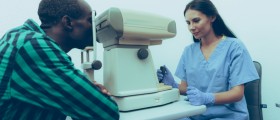
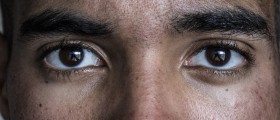


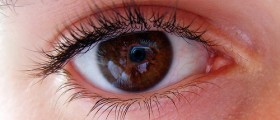




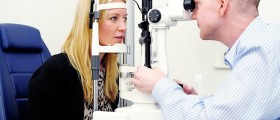



Your thoughts on this
Loading...